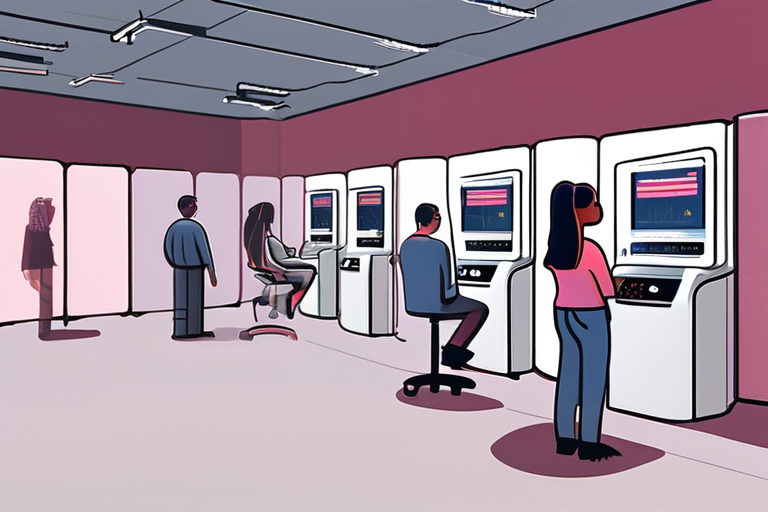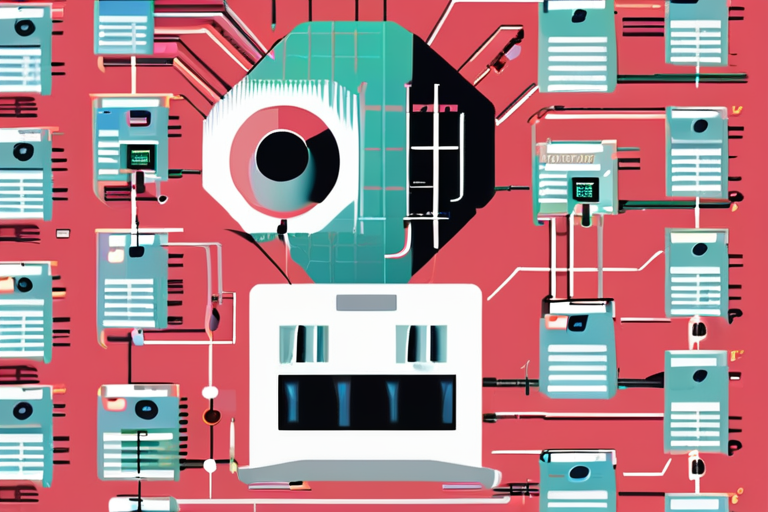Scaling Up May Not Be Enough: MIT Study Warns of Diminishing AI Returns


Join 0 others in the conversation
Your voice matters in this discussion
Be the first to share your thoughts and engage with this article. Your perspective matters!
Discover articles from our community

 Hoppi
Hoppi

 Hoppi
Hoppi

 Hoppi
Hoppi

 Hoppi
Hoppi

 Hoppi
Hoppi

 Hoppi
Hoppi

Generative AI Bubble: Experts Weigh In on Sustainability Concerns A growing concern among industry experts is that the rapid growth …

Hoppi

AI Pioneer Sam Altman Predicts Human Intelligence Surpassing by 2030 In a bold prediction, OpenAI CEO Sam Altman has stated …

Hoppi

AI Companies Face Potential $800 Billion Shortfall as Computational Demands Outpace Revenue Growth A new report from Bain Company has …

Hoppi

The AI Conveyor Belt of Capital: Is the Money Machine About to Stop? A staggering 40% of the United States' …

Hoppi

What Would Happen If an AI Bubble Burst? The US economy's reliance on artificial intelligence (AI) investment has reached unprecedented …

Hoppi

Don't Get Too Excited About AI's Downfall The recent warning from the Bank of England about a potential correction in …

Hoppi